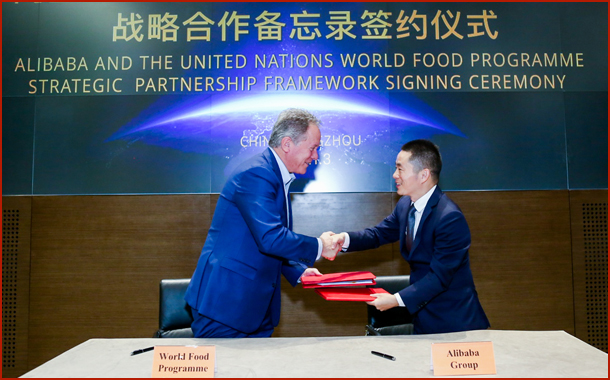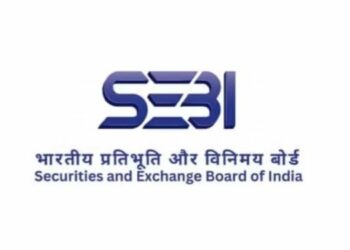Mumbai : The United Nations World Food Programme (WFP) and Alibaba Group (Alibaba), the world’s largest e-commerce company by transaction value, have entered into a strategic partnership to support efforts to achieve the Sustainable Development Goal (SDG) 2 – a world with zero hunger.
WFP’s Executive Director, David Beasley, and Alibaba Partner and Chairman of the Alibaba Foundation, Sun Lijun, signed the agreement at Alibaba’s headquarters in Hangzhou, China.
Under the framework, Alibaba will provide its leading technology and resources to support the digital transformation of WFP’s operations. In particular, Alibaba Cloud, the cloud computing arm of Alibaba, will collaborate with WFP to develop a digital “World Hunger Map” to monitor the status of global hunger and help enhance the efficiency of operations to support efforts towards the goal of ending world hunger by 2030.
“Alleviating global poverty and fighting hunger is the shared vision of Alibaba and WFP,” said Sun. “We look forward to joining the global campaign of fighting hunger using our innovative technologies in data intelligence and cloud computing, as well as sharing our experience in China and worldwide. “
Beasley lauded the strategic partnership as a milestone in the relationship between WFP and China’s private sector.
“We now have a great ally in the fight against hunger,” he said. “The support and expertise of the Alibaba Group – including their cloud computing, advanced data analytic capabilities, and online platforms – will help WFP become even more efficient and effective in its work to reverse the trend of rising hunger around the world.”
The visual “World Hunger Map” is intended to leverage data insights to help WFP improve assessment and monitoring to increase efficiency and shorten emergency response times. To coordinate their joint efforts, the parties will also create a Digital Transformation Working Group to determine priorities, assess new opportunities, and review progress on projects.
Alibaba established the Alibaba Poverty Relief Program in December 2017, aiming to invest RMB10 billion in five years to alleviate poverty with focuses on education, rural commerce advancement, empowering women, healthcare and environmental sustainability . In August, 2017, Alibaba worked with WFP on a poverty alleviation project by connecting small farmers in Anhui, a province in Easter China, directly with the market to obtain better prices for agricultural produce.
















